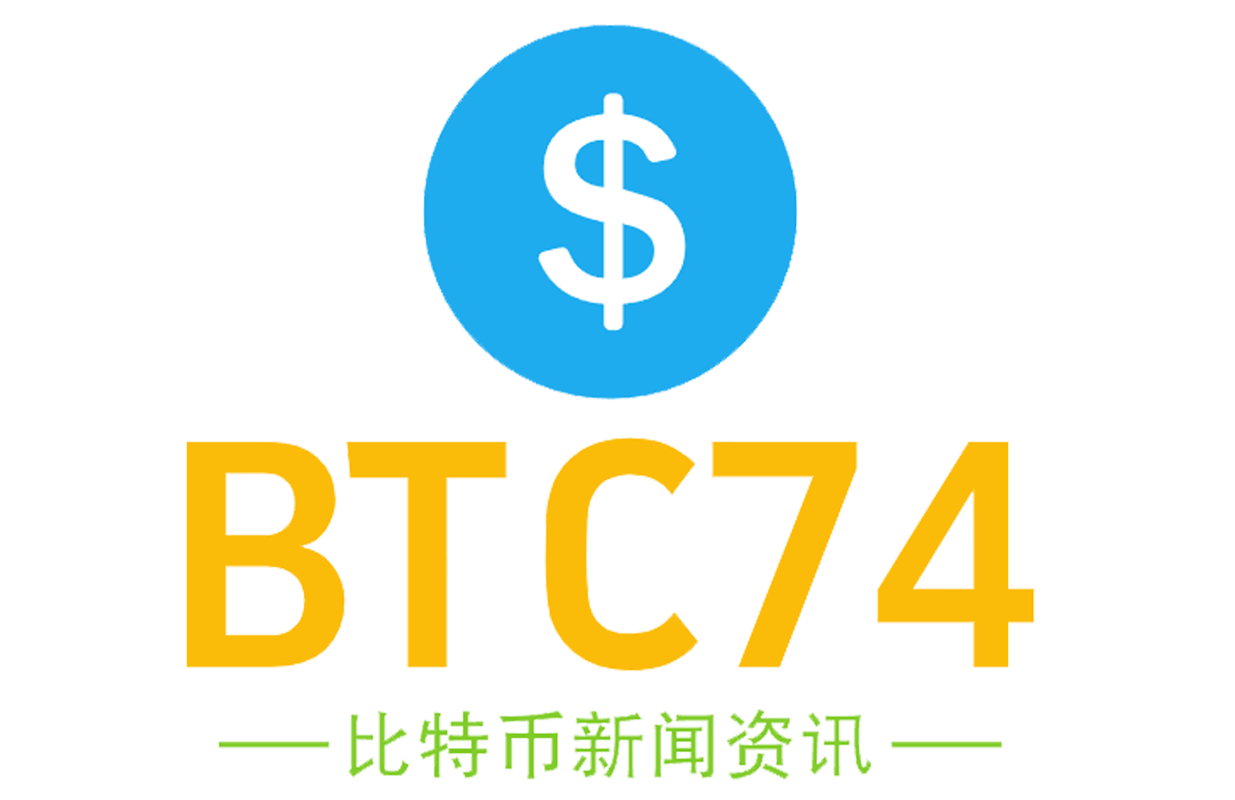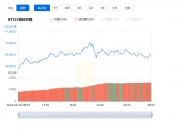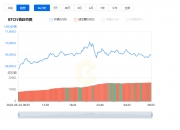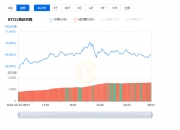近日,中山大学附属第一医院肿瘤科许丽霞副主任医师与精准医学研究院名誉院长于君教授及李晓星研究员合作在Cell Reports Medicine上发表了研究成果“Personalized drug screening in patient-derived organoids of biliary tract cancer and its clinical application”,成功构建了目前最大规模的来源于胆道系统肿瘤(BTC)患者肿瘤组织的类器官生物库,进行有效的化疗药物筛选,揭示了人源性胆道系统肿瘤类器官对不同药物反应的特征。该研究从临床问题出发,串联临床资源与基础研究,助力临床精准治疗。
Recently, the Deputy Director of the University of Nakayama, Corshusha, in collaboration with Professor Khun, Honorary Dean of the Institute of Precision Medicine, and Researcher Li Xiaocine, published the results of a study entitled “Personalized rug screing in artificial-dived cancers of clinical fact procedure and itss clinical application”, which has successfully built the biobank of organs that are currently the largest source of neoplasms among patients in the urinary system (BTC), effective screening of chemotherapy drugs and revealed the characteristics of the reaction of human-source urinary bulge system neoplasms to different drugs. From a clinical point of view, the study combines clinical resources with basic research to facilitate clinical precision treatment.

BTC是预后最差的消化系统恶性肿瘤之一,近年来BTC的发病率和死亡率迅速上升。BTC患者对化疗响应的个体差异大仍是目前面临的主要临床难题。因此,需要寻找预测BTC患者化疗疗效的有效方法,构建高度模拟患者的肿瘤类器官模型进行“替身试药”,从个性化精准治疗的角度为提高BTC治疗响应率及改善预后提供新的临床转化方案。
BTC is one of the worst digestive system malignant tumours, and the incidence and mortality rates of BTC have risen rapidly in recent years. The individual differences in the response of BTC patients to chemotherapy remain a major clinical challenge. Therefore, there is a need to find effective ways of predicting the efficacy of the treatment of BTC patients, to construct a model of highly simulated oncological organs for a “interim test” and to provide new clinical transformation programmes in terms of individualized precision treatment to increase the response rate of BTC treatment and to improve preparedness.
研究人员成功构建了来源于BTC患者肿瘤组织的包括61例类器官在内的类器官生物库,从组织病理学和基因组学等多组学维度复现了其来源肿瘤的特征,该研究建立了目前国内外相关研究中最大规模的类器官文库。研究发现成功建立BTC类器官的临床特征和分子特征包括分期更晚、肿瘤含量更高、干性和增殖相关基因表达更强。
Researchers have succeeded in building a biobank of organs from the BTC's oncology tissue, including 61 different types of organs, and in reproducing the characteristics of their source tumours from multiple sets of dimensions, such as tissue pathology and genomics. The study has created the largest collection of organ literature in the current domestic and foreign studies. The research has found that the clinical and molecular characteristics of the BTC's organs have been successfully developed, including later stages, higher tumour content, and stronger genetic expressions associated with dryness and breeding.
利用类器官模型,研究人员进行了BTC患者的体外个性化筛药,通过与BTC患者来源的肿瘤类器官小鼠移植模型(PDOX)对化疗药物的反应及患者的临床治疗反应对比,证实BTC类器官预测化疗反应的准确性。研究人员在转录组水平鉴定并验证了BTC类器官对不同药物反应的基因表达特征,基于药敏特征建立了可以预测BTC患者化疗反应的预测模型,为BTC患者的个性化精准治疗提供新的临床决策工具。
Using the organ class model, the researchers conducted an in vitro individualised screening of BTC patients, confirming the accuracy of predictive chemotherapy responses for BTC organs by comparing their response to the oncological organ transplant model (PDOX) from BTC patients with the clinical treatment response of patients. The researchers identified and validated the genetic expressions of the BTC-type organ response to different drugs at trans-record levels, developed a predictive model based on drug-sensitive characteristics that could predict the chemotherapy response of BTC patients, and provided new clinical decision-making tools for individualized precision treatment for BTC patients.

▲BTC类器官是一种个性化化疗药物筛选的有效工具,基于BTC类器官的药物敏感性可以发现药物不同反应的转录组学特征,进一步建立化疗反应预测模型,帮助BTC患者选择有效药物
BTC-type organs are an effective tool for the screening of individual chemotherapy drugs. Drug sensitivity based on the BTC-type organs detects reprogramming characteristics of different drug reactions, further develops chemotherapy response prediction models to help BTC patients choose effective drugs.
该研究构建了目前最大规模的BTC患者来源的类器官库,为个性化精准医学提供了新的工具,可以在体外进行类器官药敏检测,鉴定类器官对不同药物反应的基因表达特征,进一步建立了可以预测BTC患者化疗反应的预测模型,为利用类器官进行个性化筛药并应用于临床提供了理论依据。该研究是中山一院精准医学研究院与临床科室合作的又一转化研究,研究成果将有望指导临床实践。中山一院肿瘤科博士生任晓雪是该论文的第一作者,肿瘤科许丽霞副主任医师是最后通讯作者,精准医学研究院名誉院长于君教授和李晓星研究员是共同通讯作者。
The study, which builds a collection of organs from the current largest source of BTC patients, provides new tools for individualized precision medicine, allows external organ-sensitive testing, identifies the genetic expressions of the different drug reactions of the organs, further develops predictive models for predicting the effects of the BTC's chemosynthetic response, and provides a theoretical basis for the use of individualized sifts for clinical applications. The study is a further transformation of the Institute of Precision Medicine of Nakayama, in collaboration with the Clinical Department, and the results of which are expected to guide clinical practice. Dr. Xiaoyuki of the Oncology Department of Nakayama is the first author of the paper, the Deputy Director of the Oncology Department is the last author of communications, and the Honorary Dean of the Institute of Precision Medicine is the co-author of the communication.
【论文链接】
[Continue Links]
https://doi.org/10.1016/j.xcrm.2023.101277
来源:中山一院
Source: Nakayama House
校审:许丽霞、任晓雪
Xiaoxia, Ren Xiaoyue
初审:章智琦
First instance: Zhang Jiqi
审核:梁嘉韵
Audit: Liang Jia-hyun
终审:彭福祥
Final: Peng Fuxiang
注册有任何问题请添加 微信:MVIP619 拉你进入群

打开微信扫一扫
添加客服
进入交流群




















发表评论